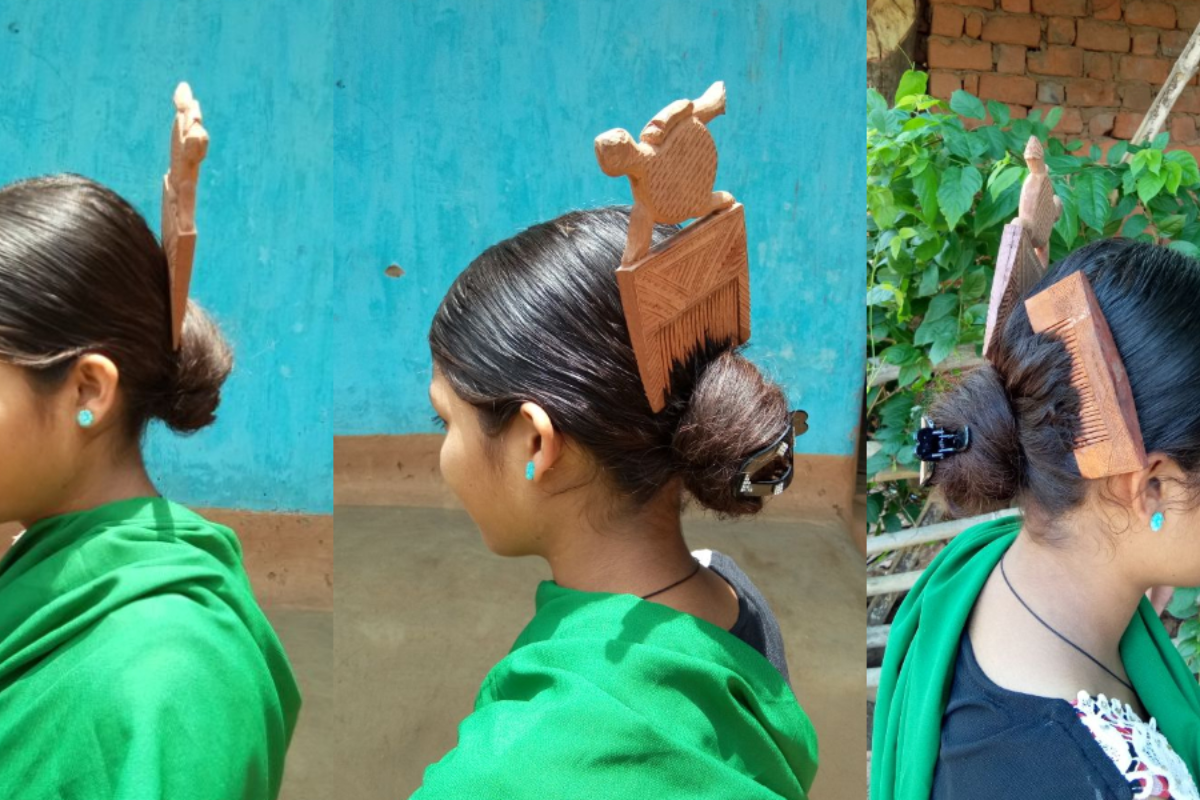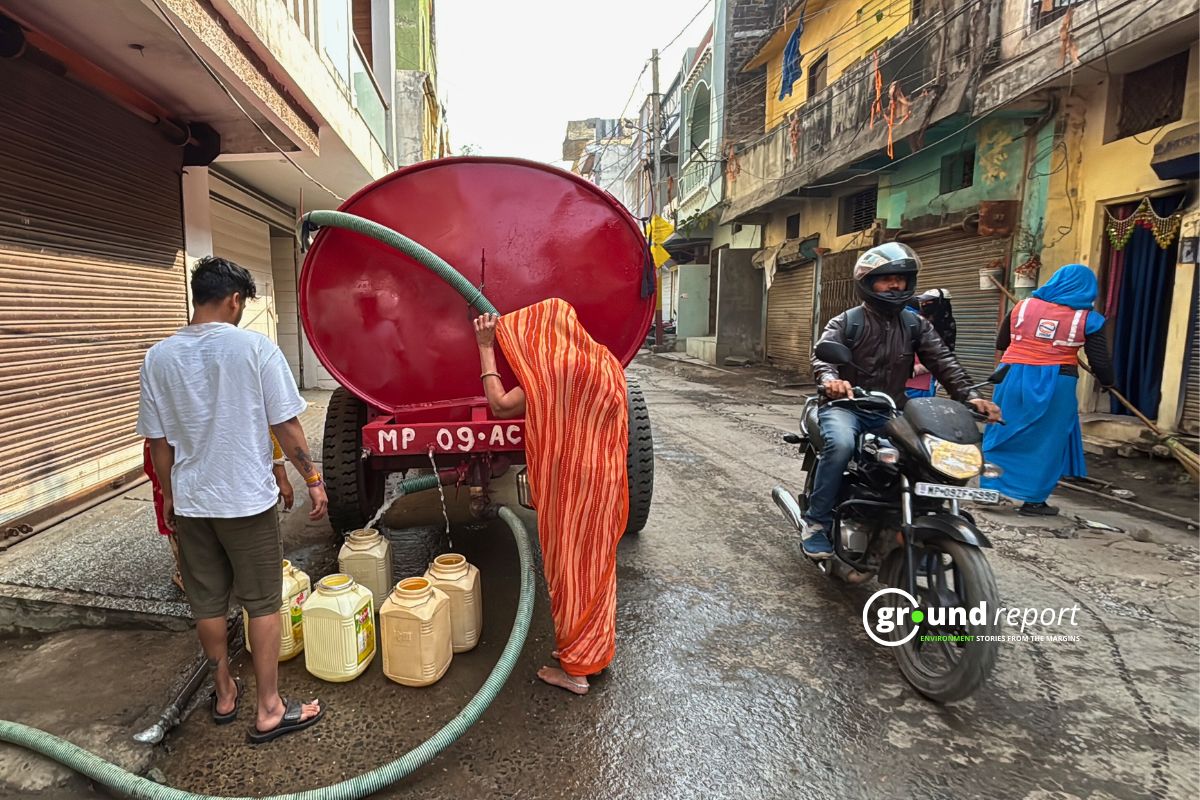Devadasi System in India: Vikram Seth’s best selling novel ‘A Suitable Boy’ is creating a storm for Netflix in India. After the British-made series depicted a girl kissing a boy in temple premises which hurting the religious sentiments as many argued. Kissing in temple is wrong, but sex worker is right?
What is Devadasi system?
The Devadasi system is a Hindu Religious practise which offers prepubescent girls in marriage to deities. As servants ordained by deities, Devadasi’s are ritually forced to offer sexual service upon attaining puberty. Their virginity is sold and they are paid a pittance for their services, if at all. Devadasi means ‘Servent of God’. These women are dedicated to God and are considered given in marriage to God, meaning that they could therefore not marry any ‘mortal’. Nevertheless, they are free to choose partners, from among married and unmarried men alike. These relationships could be long and stable, or just for a short period of time.
The tradition of Devadasi culture can be traced back to as early as the 7th century, particularly in southern parts of India during the reigns of the Cholas, Cheras and Pandyas. Devadasis are nothing more than sex slaves or child sex workers. The Devadasis of modern India are largely concentrated in parts of Andhra Pradesh, Gujarat, Karnataka, Maharashtra, Tamilnadu and Telangana. They are called Mathangi in Maharashtra, Jozini or Mathamma in Andhra Pradesh and Telangana, Devadasi in Karnataka and Mathammas in Tamilnadu.
NIYOGA: SeX FOR DHARMA, NOT FOR PLEASURE
After centuries of Traditionally imposed prostitution, young girls in Wadia village near Palampur are getting ready for a mass marriage. Wadia is known for being the village of pros{itution in Gujrat, where young girls are trained to provide s*xual services as soon as they attain puberty.
The caste system in the Hindu religion has many manifestations. It has not only divided the society into various layers of graded hierarchy but has also created inhumane practices in the name of God. One of them is the Devadasi system prevalent in different forms all over India with some regional variances. The barbarism of the tradition reflects in the very rituals it involves. The initiation ritual is said to include a ‘Deflowering Ceremony’, known as Uditambuvadu in some parts, where the priest would have interrcourse with every girl enrolled at his temple as part of his religious ‘duty’. So much so that a Marathi saying states,
“Devadasi devachi bayako, sarya gavachi” meaning “servant of God, but the wife of the whole town”
There are various myths about this inhuman practise. This system is based on the traditional belief in Andhra Pradesh that evil over the family or the village can be avoided by dedicating a girl in the family to the temple deity. As soon as she reaches puberty, she becomes a concubine for the feudal gentry in the village.
“Mulakaram” Tax for Br*ast: If Never Paid, Let them Bare
In Maharashtra these women are made to sacrifice their first born daughters, when she becomes of marriageable age, she is formally married to khandoba, the deity and becomes his ‘nominal wife’.
In Karnataka, there is a traditional belief that when there is famine, drought or an epidemic, to appease Gods and Goddesses, a girl is dedicated to the local Goddess Huligamma. It is generally marked by muttu kattuvudu, a ritual in which a neck chain with beads is tied to the girl. The Banchhada, Rajnat, Dommara and Bedia tribes in Madhya Pradesh also practice this tradtion which forces women into lifetime sexual slaves.
In Tamilnadu, Vellalur village of Madurai district organises a 15 -day festival for deity – Ellai Katha Amman. The custom of this festival emphasizes on the priest of the temple selecting seven adolescent girls in the pre-puberty stage, from age 11 to 14. After the selection, the b@re–chested minors live in the temple for a fortnight. The girls are forced to remain topless and cover their upper body only with jewellery and flowers till the festival ends. On the last day of the festival, women from the village and the seven girls are asked to carry pots of liquor as an offering to the goddess. While doing so , women are not allowed to wear blouses.
Devadasis became the sexual servants to the villages’ upper–caste men after their first menstrual period. In some villages, men buy them to keep as concubines. In others, they are public chattels who are used by men free of charge. Socially, they are outcasts and they do suffer from venereal and sexually transmitted diseases. A majority of Devadasis after reaching a certain age, migrate to towns where they join brothels and become commercial sex workers.
Some of the states where the Devadasi practice is still prevalent have tried to eradicate it through state laws like the Bombay Devadasis Protection Act,1934, the Prohibition of Dedication Act,1982 of Karnataka and the Andhra Pradesh Prohibition of Dedication Act, 1988.
Move out of the traditionally prescribed structure cannot be without obstacles. Nevertheless, there is a ray of hope. The women of the community have built a support system for themselves and are determined to move out of the sexual exploitative system, they have been caged in for centuries now. The hypocrisy of society is what is supposed to be noted here, where women are worshipped by the day and assaulted by night.
NHRC takes suo moto notice
The National Human Rights Commission (NHRC) became aware suo motu on Friday of media reports of the prevalence of the devadasi system and issued notices to the Center and six states seeking a detailed account of the measures. taken on “the continuing threat of the Devadasi system on various temples”, especially in the southern part of India”.
“Various laws have been enacted in the past to stop the malpractice of the Devadasi system, but it is still prevalent… The high court has also taken a harsh stance in condemning the malpractice of dedicating young girls as Devadasis,” he noted.
“However, reportedly, more than 70,000 women lead their lives as Devadasis in Karnataka alone. A commission set up under the chairmanship of Judge Raghunath Rao held that there are 80,000 Devadasis in Telangana and Andhra Pradesh,” it said.
WRITER IS ASSISTANT PROFESSOR AND TRIBAL RESEARCHER AT DEPARTMENT OF ENGLISH, P.K.R ARTS COLLEGE FOR WOMEN, ERODE DT.,TAMILNADU
You can connect with Ground Report on Facebook, Twitter and Whatsapp, and mail us at GReport2018@gmail.com to send us your suggestions and writeups.











